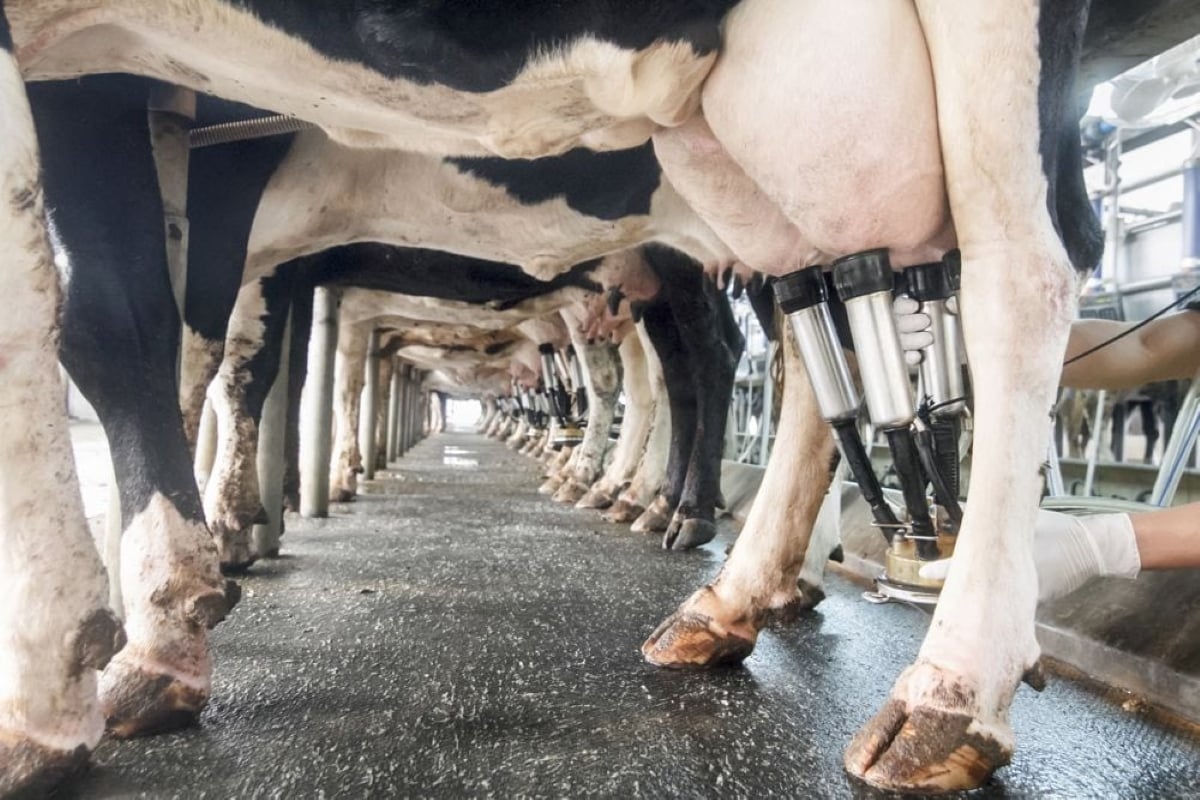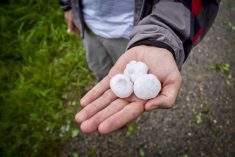Livestock producers short of feed and water due to drought can access programs announced yesterday by the Alberta government.
Additional needs will continue to be assessed during the growing season, said agriculture minister Oneil Carlier during a Thursday news conference.
This year’s drought is comparable to conditions in 2009 but for some hard hit regions of the province, it is the driest growing season in 50 years.
Fees will be reduced by 50 percent for the Alberta agriculture emergency water pumping program retroactive to April 1.
Producers may get permits to pump water from lakes and rivers for livestock watering and to refill dugouts. Although many surface water sources are at below average levels, Carlier said there is enough available for pumping.
Read Also

Farm gate milk price to rise in 2026
The Canadian Dairy Commission will raise its farm gate milk price by 2.3255 per cent in February, the Crown corporation announced on Friday.
The department of the environment administers grazing leases and has agreed to open unused Crown lands for haying and grazing, provided there is water and that fences can be built. If a leaseholder is not fully using a grazing allotment, sub-leases will be allowed.
About 800 tonnes of hay have already been harvested from unoccupied Crown lands and some land has been leased.
Earlier this summer, the federal government announced tax deferrals for western Canadian cattle producers who had to sell off breeding herds. However, a wide scale sell off does not seem apparent, said deputy minister David Burdek.
“Although cattle auction volumes, primarily due to yearlings coming off grass early, have been above average over the last eight or nine weeks, we have not seen a large sell off of cattle at this point,” he said.
Year to date sales volumes are below those calculated at this time last year and are well below the 30-year average. However, more animals could be sent to market this fall once producers have assessed winter feed supplies.
For further assistance producers may call toll free 310-FARM or 310-ESRD.














